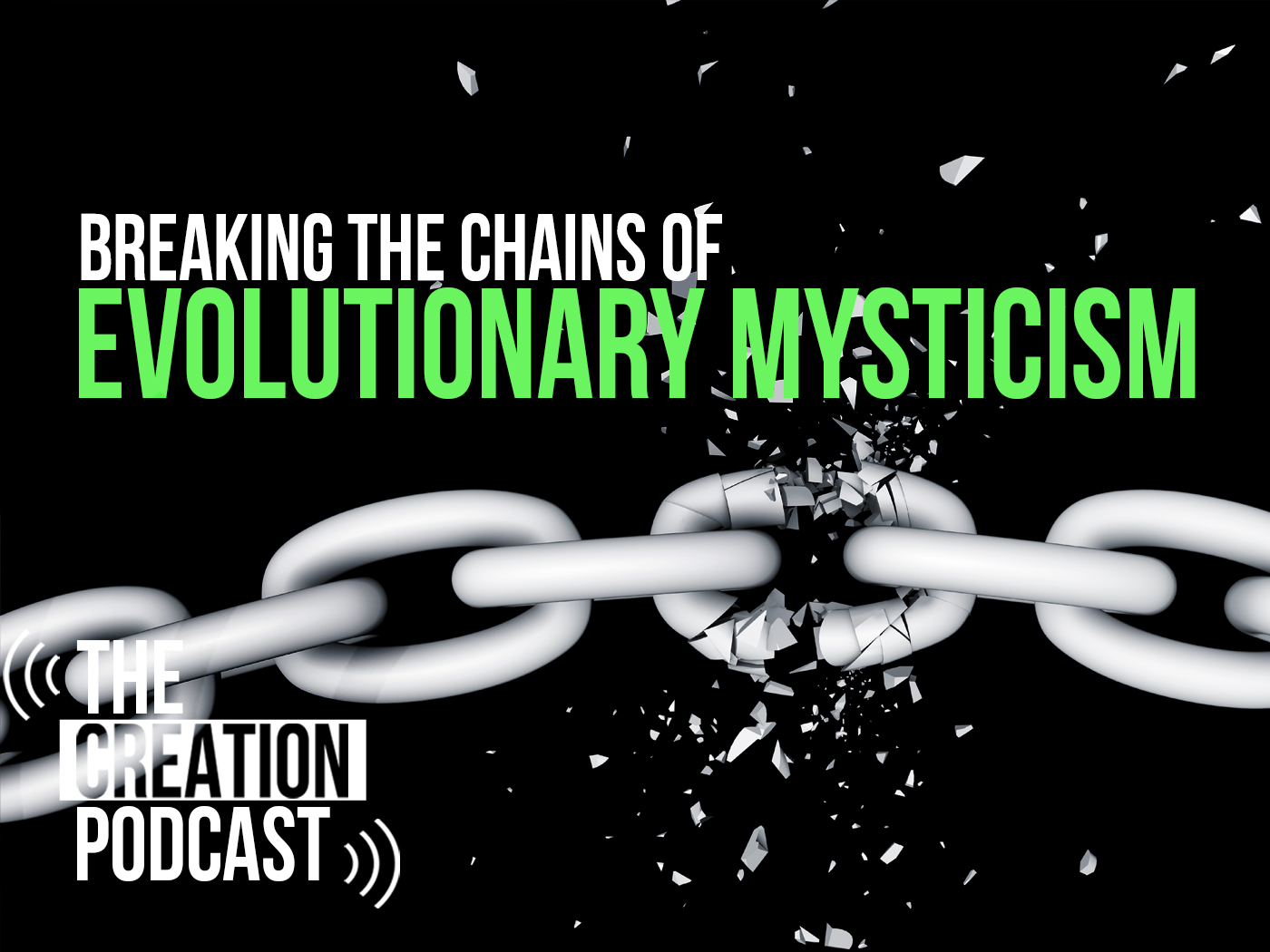The Dallas Morning News recently reported that a group of Ph.D. scientists is swimming against the flow of the broader scientific community. Instead of believing in millions of years of evolution, the team at the Institute for Creation Research dares to suggest that science confirms biblical creation's view of a world only thousands of years old.1 And there's more to the story.
Appearing in the online edition, the article featured a short video with the caption, "A team of paleontologists, geologists, astrophysicists and geneticists at the Institute for Creation Research have been working a decade to prove the biblical story of Genesis is scientifically true."2,3
For the sake of accuracy, ICR has no paleontologists. However, in addition to the other disciplines listed, we have a nuclear physicist who spent time at Los Alamos National Laboratory and Fermi National Accelerator Laboratory, a Professional Engineer who was also a former Air Force flight surgeon and Chief of Aerospace Medicine, a Harvard biologist who specialized in stem cell research, and other scientists and scholars with advanced degrees.
Also, we actually have been working for over four decades—not just one—and our mission has not been to "prove" the Bible but to uncover the compelling evidence that supports it.
The team at ICR has been convinced by evidence that leans squarely on the side of Genesis history. Several of ICR's scientists became convinced of recent creation as adults and only after a thorough study of the profound case for creation. They are energized by finding even more scientific discoveries from various fields that may confirm—not "prove"—the Bible's scientific and historical statements as reliable.4 They actively gather new data, then evaluate how well the data conform to biblical versus evolutionary presuppositions—asking challenging questions that most secular scientists avoid.
The Dallas Morning News article presented an accurate big-picture budget for ICR and the fact that our founder wrote the seminal creation book The Genesis Flood in 1961. But it may have left the impression that ICR research efforts are too biased to be trusted.
For example, the Dallas Morning News article gave evolutionary anthropology professor Ron Wetherington from SMU the last word. He said about ICR scientists, "They're not scientists." He claimed that ICR researchers "cherry-pick data" that aligns with their beliefs, then asserted that "real science works the opposite way"—presumably by following the evidence where it leads. But Wetherington gave no examples to back his broad claim, nor did he admit to the limitations that evolutionary bias brings to science.
Such comments show that Wetherington doesn't know what ICR does, how our scientists conduct research, or what ICR's scientific discoveries have shown. Our recent article responding to related NBC News coverage listed just a few of these discoveries—findings that most evolutionary anthropologists ignore because the results don't line up with their beliefs.
An evolutionist's commitment to billions of years of natural processes may prevent him from even thinking to ask research questions like, "What mechanism or process causes radioisotope systems to consistently supply ages far in excess of these rocks' actual ages, recorded at the time the rocks formed?" By collecting real data that included helium stored in zircon crystals and tiny fission tracks plus radiohalos recorded in granites, ICR research discovered that radioisotopes once decayed at a much faster rate than today's slow crawl.5
Wetherington indicated to the Dallas Morning News that "Theories like evolution are constantly pressure-tested by the scientific community, checking for flaws."1,2 If that's true, then evolutionists would be eager to examine the results of ICR's discovery of accelerated nuclear decay, which exposes a huge flaw in radioisotope dating. Instead, evolutionists dismiss these scientific data without studying them. ICR discoveries spectacularly confirm biblical creation.
The Dallas Morning News article informed readers that not every Ph.D. researcher in Dallas believes in millions of years of evolution. Maybe instead of following any misleading notion that ICR science is too biased to trust, some readers will wonder what has convinced ICR scientists to reject the majority opinion on origins. Can anyone form an honest and reasonable answer to a question they have not diligently investigated?6
Rather than cherry-picking data that fits only evolution, ICR scientists have committed themselves to processes that include considering all available options and information.
References
- Farwell, S. Dallas researchers out to scientifically prove biblical version of creation. The Dallas Morning News, August 15, 2014.
- Institute for Creation Research works to prove Genesis is scientifically true. DMN video. Posted on dallasnews.com August 15, 2014, accessed August 15, 2014.
- "Scientifically true" is an oxymoron because, by definition, science does not determine truth. Instead, philosophy deals with truth, for example by eliminating logical contradictions as falsehoods. The best that empirical science can do is determine a model that accommodates the most observations with the fewest caveats. Scientific models are constantly being swapped or modified, while truth by definition is changeless.
- Experimental science cannot "prove" historical statements in Scripture. Historical evidences and logic might, but the best that a verified scientific model can do is to merely confirm a historical tenet. Proof requires a higher standard.
- icr.org/rate
- ICR nuclear physicist Dr. Vernon Cupps recently wrote, "To portray any hypothesis or theory as fact is a clear misapplication of the scientific method. Hypotheses must be verifiable or falsifiable through observation and reproducible experimentation to be considered a legitimate participant in the scientific method." Cupps, V. R. 2014. Hijacking the Scientific Method. Acts & Facts. 43 (8): 13-15. The theory of evolution fails the test of legitimate scientific methodology—it cannot be observed or reproduced.
* Mr. Thomas is Science Writer at the Institute for Creation Research.
Article posted on August 22, 2014.














